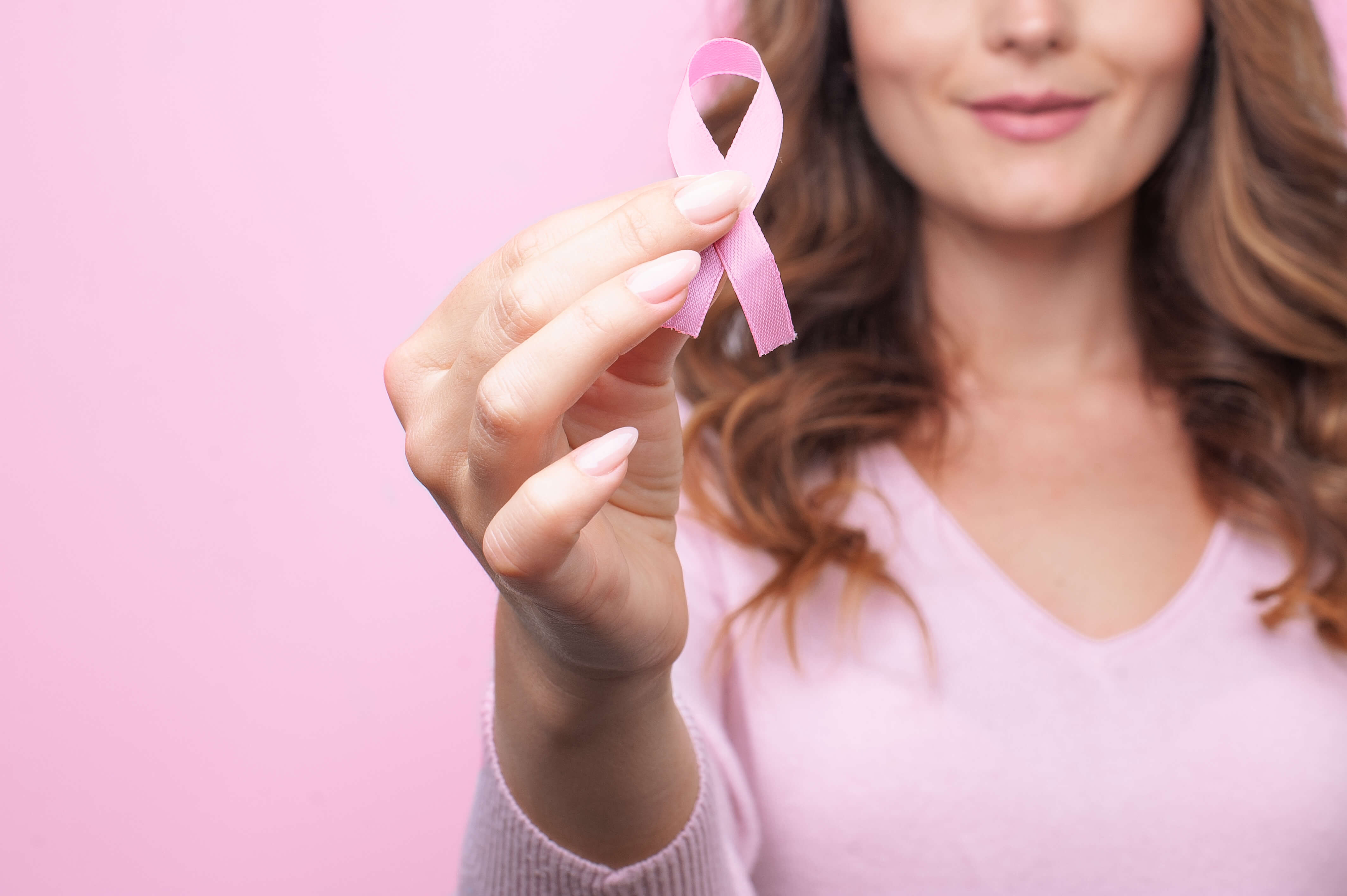Since the 90's, Pink October is celebrated each october around the world to raise awareness about breast health and the importance of screening for the early diagnosis of breast cancer, which became the most commonly diagnosed cancer worldwide.
This year, one of our medical expert, Dr Karin Dubrit, Specialists in gynaecology-obstetrics & micronutrition at our Gynecology and Obstetrics Center, tells you more on the importance of prevention and self-assessment.
What is breast cancer?
This is a very complex process, which takes several years to develop. It is characterised by 3 phases: an attacked cell will be initiated, followed by tumour promotion and tumour progression. The initiation of cancer certainly involves genetic vulnerabilities but also and necessarily involves the processes of nitrosative oxidative stress and dysmethylation, with in summary a very poor management of oxidative stress. Several DNA mutations will be necessary. Then tumour progression will occur only if the tumour finds food (glucose and oxygen). It comes down to a balance between aggression and cellular protection. When the balance is broken, a whole process starts.
What are the most common symptoms?
Cancer is vicious in nature. It is usually asymptomatic and often does not show symptoms until it is too late. A mass discovered in the breast by palpation, sometimes pain or even a late skin ulcer.
How to prevent breast cancer?
Without a doubt, lifestyle, healthy diet, micronutrition, physical exercise, Chinese medicine, reduction of stress phenomena are for me the basis of the prevention of any cancer. We now know that we can influence our genetics. This is epigenetics.
It is possible to support these treatments by various and varied alternative medicines, such as oncological micronutrition, which is one of my specialities, by Chinese medicine that Dr Frobert practises, and by many others.

"1 in 8 women in Europe
is affected by breast cancer"
What are your recommandations?
Self-assessment is important. It does not replace screening but contributes to it. It makes it possible to find an unusual mass or deformation in the breast, for example, and to lead to a diagnosis of the disease perhaps earlier than if the patient had waited for her screening mammogram or her check-up with her gynaecologist.
Currently, European and international gynaecological societies are discussing whether self-examination remains really useful, in the sense that it could induce a situation of anxiety in women. It could lead to additional health care costs, because women would more easily go to consult without ending up with an increase in the number of breast cancers. I think that everything remains a question of individual medicine vs. societal medicine, towards which we are unfortunately evolving.
The practice of regular physical activity, a healthy lifestyle with, among other things, the reduction of stress and anxiety, and healthy eating remain at the heart of primary prevention.
Can breast cancer affect men too?
With a rate of just 1%, breast cancer can also affect men. It is therefore also important for men to perform chest palpation. However, it affects men at a later age compared to women.
Our Gynecology and Obstetrics Center

The Center offers multidisciplinary and individualised care to patients by providing essential diagnostic services and treatment follow-up in all relevant areas. Our highly qualified medical team is specialized in endocrinological services for infertility, oncology (cancer), and surgical oncology.
The Menopause Centre offers also multidisciplinary care to women approaching perimenopause as well as those already in menopause.
